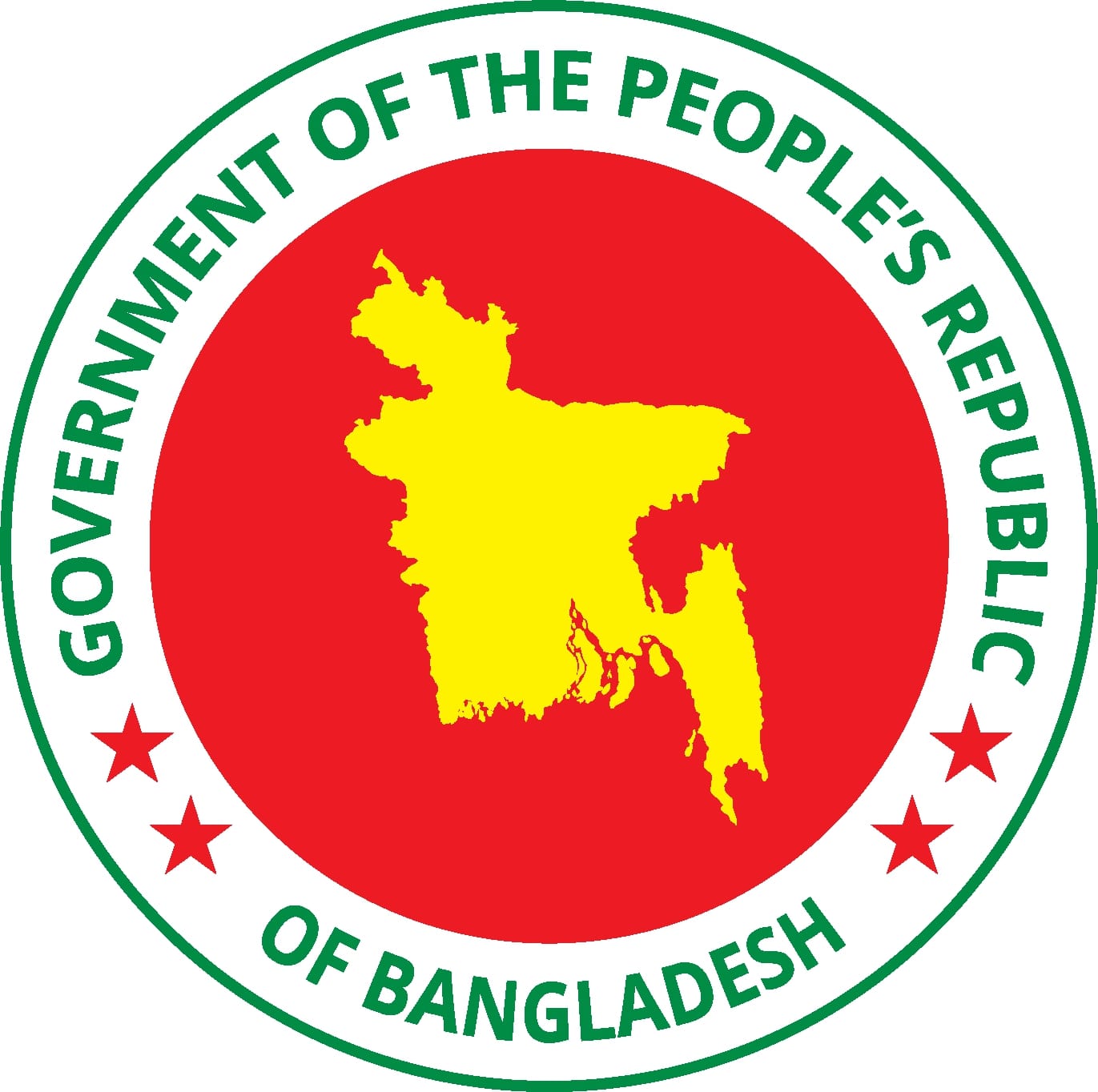Officers from 25 civil service cadres, excluding the administration cadre, have announced a two-day nationwide pen-down strike beginning Tuesday, as part of their continued protest against longstanding inter-cadre discrimination within the civil bureaucracy.
The strike, organised by the Inter-Cadre Discrimination Elimination Council, is scheduled to be observed from 9:00am to 12:00pm on both Tuesday and Wednesday across the country, according to a press statement issued on Monday.
However, essential services, such as emergency hospital operations, will remain outside the purview of the programme to ensure uninterrupted critical care.
The protest has been sparked by what the council describes as persistent inequality in treatment and opportunity between the administration cadre and all others.
At the centre of the discontent is the recent suspension of 12 officers from various non-administration cadres for expressing views on social media.
Despite earlier assurances from government officials that the issue would be resolved, no action has been taken, and in some cases, disciplinary procedures have commenced.
The council claims that while officers from other cadres face swift and harsh consequences for minor infractions, those from the administration cadre are routinely spared punishment, even for actions beyond the bounds of official regulations.
The council’s statement further alleged that deliberate administrative barriers have been placed on certain cadres—including health, education, statistics, postal services, family planning, customs, and taxation—in an effort to protect the vested interests of a dominant group within the administration cadre.
They argued that such tactics not only undermine the morale of professionals in other cadres but also hinder the overall efficiency of public service delivery.
Adding to the controversy is a recent recommendation by the Public Administration Reform Commission regarding quota-based promotions to the post of deputy secretary.
The protesting officers objected to the recommendation, claiming it was made without any consultation with stakeholders from the affected cadres.
They view the move as yet another example of systemic bias, reinforcing an already entrenched inequality in career progression and influence within the civil service.
As part of their demands, the council is calling for equal treatment of all cadres, the abolition of quota systems in promotions to the post of deputy secretary, the creation of a ministry structured around professional and functional criteria, and the withdrawal of punitive actions against officers for exercising their freedom of expression.
This week’s strike is the latest in a series of protest actions. On 20 May, members of the 25 cadres organised a human chain at the Central Shaheed Minar in Dhaka.
Prior to that, on 2 March, they observed a full-day work abstention. In December 2024, a one-hour pen-down strike on the 24th and a follow-up human chain on the 26th were also staged nationwide.
With frustrations mounting among the non-administration cadres, the government is under growing pressure to address their grievances and restore parity in how the civil service is governed.
As tensions rise, the administration faces a crucial test in balancing bureaucratic cohesion with demands for fairness and accountability.


